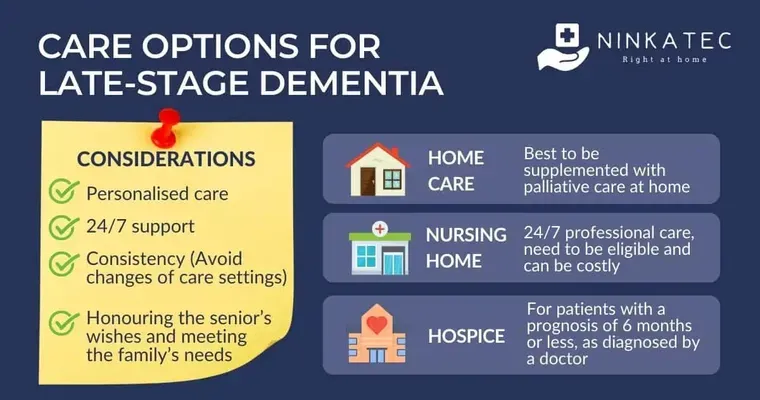The proposed "state law" allowing earlier stage "dementia patients" to become eligible for "Death with Dignity" choices has sparked a significant debate across various communities. As society grapples with the implications of this legislation, opinions are divided on the ethical, emotional, and practical aspects of extending end-of-life options to those with cognitive impairments. Understanding the perspectives surrounding this proposal is crucial as it touches on deeply personal decisions regarding life, death, and the quality of existence.
Supporters of the law argue that individuals with early-stage dementia should have the right to make decisions about their own lives. They emphasize the importance of "autonomy" and the ability for patients to choose a dignified end when they recognize their condition could lead to significant suffering. Many advocate that having this choice could alleviate anxiety and provide a sense of control to both patients and their families during a challenging time. Advocates also highlight that this law could help address the concerns of "caregivers" who often face emotional and physical strain while caring for loved ones with dementia.
On the other hand, critics of the proposed law express concerns about the potential for "coercion" and the ethical implications of allowing those with cognitive decline to make life-ending decisions. They argue that early-stage dementia patients may not fully comprehend the consequences of their choices, raising questions about whether their consent can be considered informed. Additionally, some worry that the law could inadvertently pressure vulnerable individuals into choosing death over life, especially in a healthcare system that can sometimes undervalue the needs of people with disabilities.
Public opinion on the proposed law varies widely. Surveys indicate that many people are supportive of "Death with Dignity" laws in general, but when it comes to earlier stage dementia patients, the sentiment becomes more complex. Families who have experienced the challenges of dementia often express a desire for compassionate options, while others fear the slippery slope of expanding euthanasia criteria.
Healthcare professionals also have mixed feelings. Many doctors advocate for patient autonomy and support the idea of allowing competent patients to make their own end-of-life decisions. However, they also stress the need for rigorous safeguards to ensure that patients are not unduly influenced or making impulsive decisions. The medical community is calling for clear guidelines on how to assess the capacity of dementia patients in the context of these choices.
As discussions continue, it is evident that the proposed state law brings to the forefront critical issues surrounding "dementia care", "patient rights", and the moral responsibilities of society. It challenges us to consider how we define "quality of life" and who gets to make the final decisions about it. The path forward will likely involve ongoing dialogue among lawmakers, healthcare providers, patients, and families to navigate these complex and sensitive issues.
In conclusion, the proposal to allow earlier stage dementia patients eligibility for Death with Dignity choices is a topic that elicits strong emotions and varied opinions. As communities reflect on the implications, it is essential to weigh the values of autonomy, compassion, and ethical responsibility. The outcome of this proposed law could significantly impact not only those diagnosed with dementia but also the broader landscape of end-of-life care in our society.





